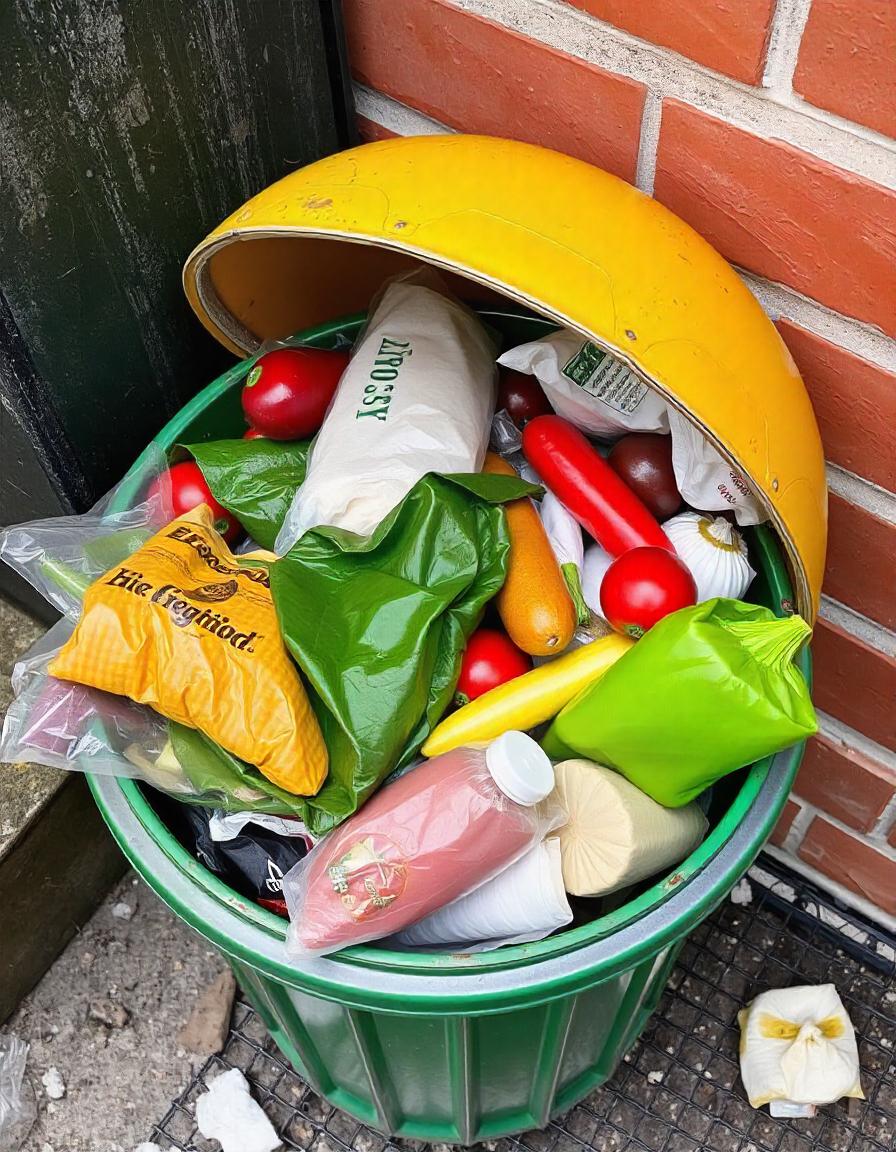Reducing Food Waste with Smart Kitchen AI Overview: A mid-sized restaurant chain approached Smart Kitchen AI to address the significant problem of food waste they were experiencing due to over-preparation and spoilage. Each month, the chain was losing a substantial amount of revenue because of unsold food items that were discarded. Challenge: The restaurant chain was implementing traditional inventory management practices, which failed to account for varying demand patterns, especially during peak and off-peak hours. As a result, ingredients and prepared meals often went to waste, leading to financial losses and detrimental environmental impact. Solution: Smart Kitchen AI deployed its cloud-based SaaS solution to analyze the restaurant chain’s historical data—focusing on sales patterns, seasonal fluctuations, and customer preferences. By integrating sophisticated AI-driven analytics, the software provided insights into optimal inventory levels and preparation schedules. Data Analysis: The platform identified that certain dishes were over-prepared during specific times (e.g., lunch rush) and under-prepared during others, leading to waste. Dynamic Inventory Management: It recommended adjustments to the ordering systems and prep schedules based on predictive analytics, which helped the chain align production closely with forecasted demand. Employee Training: Smart Kitchen AI offered training for kitchen staff on utilizing the new system effectively and understanding the importance of waste reduction and efficient practices. Results: Within six months of implementing Smart Kitchen AI’s solutions, the restaurant chain reported a 30% reduction in food waste. Financially, this translated to a saving of approximately $200,000 annually. Additionally, the chain not only improved its bottom line but also enhanced its brand reputation as an environmentally conscious business, opening up new marketing channels and customer loyalty. The success of this case exemplifies how Smart Kitchen AI’s innovative approach, coupled with financial technological consulting, can transform kitchen operations, drive profitability, and promote sustainable practices within the food service industry.

